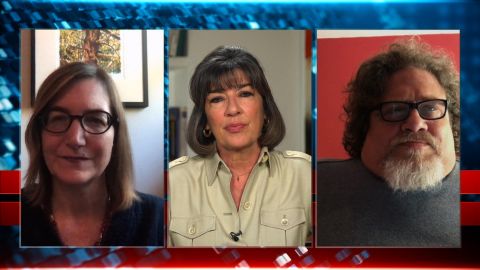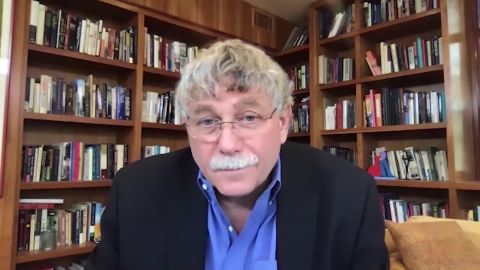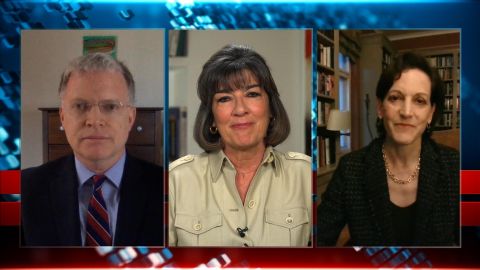Read Transcript EXPAND
JAMES LEBRECHT, PRODUCER AND CO-DIRECTOR, “CRIP CAMP”: Well, I think that the time that I was at Camp Jened, you know, it was really a product of the times. So, it had been started by these two sisters. And over course of time, they managed — or the word of the camp went into different hands. But on the late ’60s, early ’70s when Larry Allison started to run the — was the camp director, one has to remember Woodstock that has just happened a couple of years before. There were all these liberation movements going on, black power and women’s lib and such. And, you know, this was not a camp that sheltered us from anything. They were not overprotective. They really wanted us to really be teens and young adults there. And, you know, there was this sense that no one ever talked down to us. We were talking about what was going on in the world. We could talk among each other and say, you know, it isn’t fair that we can’t get on buses or that we are not able to get into buildings. And we were looking at these other movements and saying, why not us?
CHRISTIANE AMANPOUR: It is amazing. Nicole, what brought you to it? And frankly, I mean, did you know that there was going to be so much archival video, so much, you know, real, sort of, documentation that you could look back at?
NICOLE NEWNHAM, PRODUCER AND CO-DIRECTOR, “CRIP CAMP”: No. I mean, Jim is a long-time colleague of mine, he’s a brilliant sound designer and he had been the sound designer on my three previous documentaries. And luckily, he took me out to lunch one day and pitched me a bunch of ideas around disability because he was really advocating for increased representation and more stories about disability in our documentary world. And kind of offhandedly, he mentioned this camp and I asked him questions about it. And when he started to describe it, I realized we don’t have a way of even recognizing kind of — I mean, many of us who are nondisabled that there even is a disability community or that there is a disability culture and that the — even the still photographs of these, you know, incredible kids, just like having the time of their life and being wild and raucous and all of this was just shifting my perception around disability. And so, as a documentary filmmaker, I felt like there was an incredible opportunity to not only tell one of the great kind of untold civil rights stories of our time, the Disability Rights Movement, but also, to just shift the way people perceive people with disabilities.
About This Episode EXPAND
Authors David Rohde and Anne Applebaum discuss threats to democracy in the time of COVID-19. Nicole Newnham and James Lebrecht discuss their new Netflix documentary “Crip Camp.” Pioneering mathematician and geneticist Eric Lander explains how he transformed the renowned MIT and Harvard Biomedical Research Lab into a mass testing facility.
LEARN MORE


